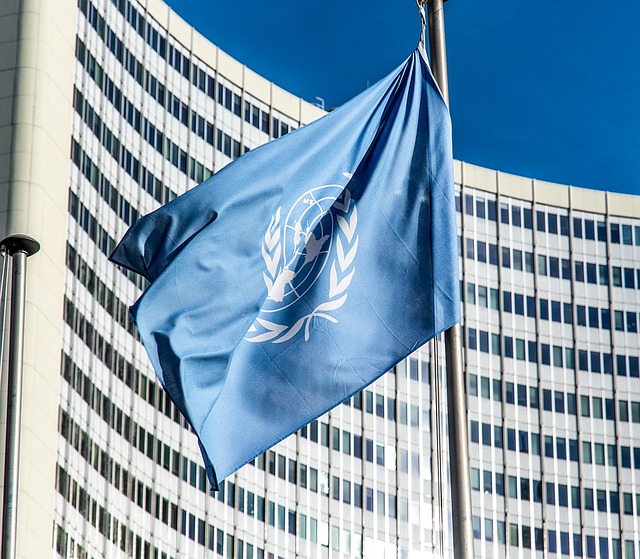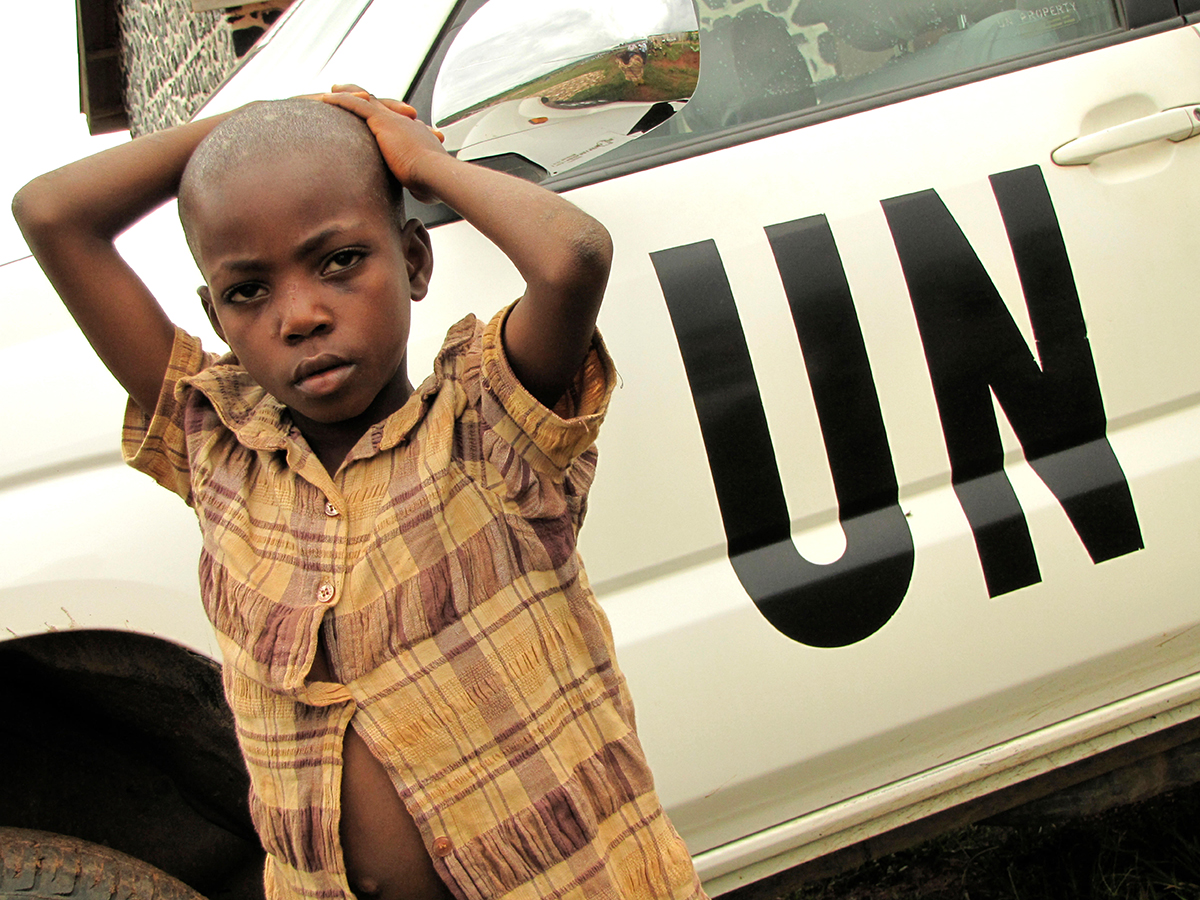Analysing the role of law
The role of law within society in the UK, Europe and internationally forms the basis for the world-class work taking place in the Law Research Division.
Our expertise helps us to understand how legal issues shape human society, domestically and internationally. We question how law does, and should, balance the interests of different groups and individuals, and examine the effect it has in influencing, changing and improving the work of social and political institutions.
We have world-leading researchers working on a diverse range of legal issues across all areas of law, but collectively have particular strengths in international law (including research focus on war, human rights and disasters), legal history, law’s impact on commerce and finance, legal philosophy and legal issues related to family, gender and sexuality.
Recent research from our academics has shaped law reform relating to finances following separation; provided unique insights into the application of Shariah family law in England and Wales; has influenced UK and UN approaches to protecting against sexual exploitation and abuse in peacekeeping contexts, and the use of drones in warfare; and is helping the NHS develop more ethical decision-making processes for ‘last-chance’ treatments.





